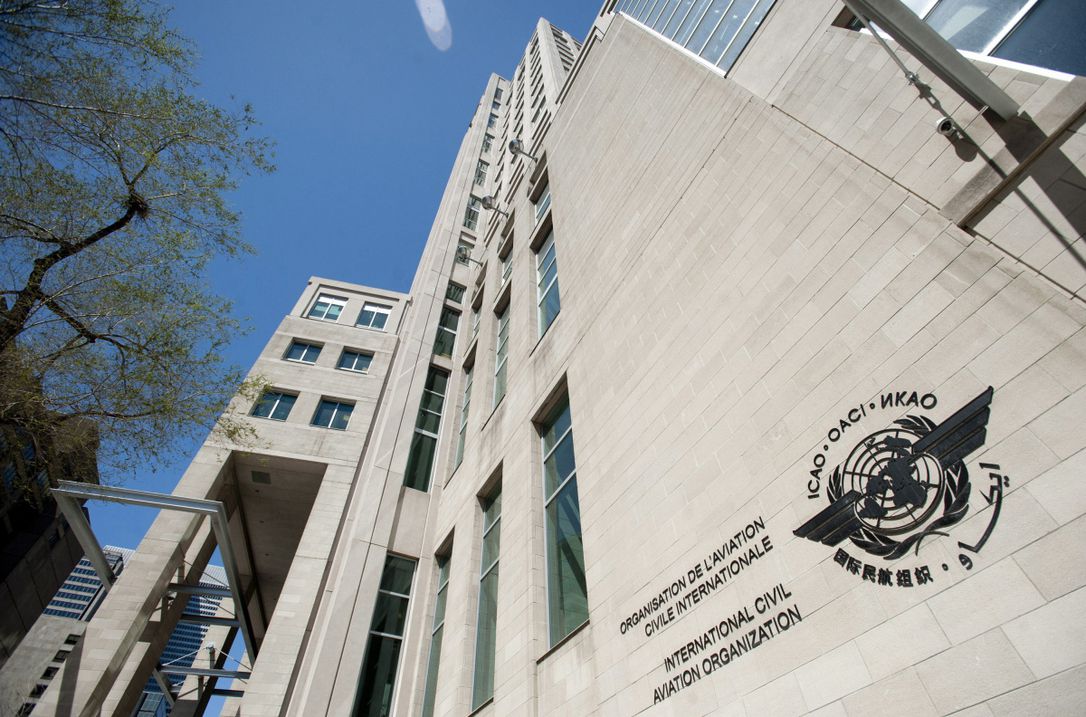The International Civil Aviation Organization (ICAO) assesses the impact of the coronavirus on international air transport at a shortfall of $4 to 5 billion related to a reduction of 16 to 20 million passengers compared to what airlines had projected for the first quarter 2020 following suspensions and reductions in flights to and from China.
Air transport impact estimates.
According to ICAO, “COVID-19 impacts are expected to be greater than those caused by the 2003 SARS epidemic”. There are two main factors. On one hand is the fact that, since the 2003 period, China’s international air traffic has doubled, and its domestic traffic increased five-fold. On the other hand, the fact that 70 airlines have cancelled all international flights to/from mainland China, and that a further 50 airlines have curtailed related air operations. This has resulted in an 80% reduction of foreign airline capacity for travelers directly to/from China, and a 40% capacity reduction by Chinese airlines. ICAO recalls, prior to the outbreak, airlines had planned to increase capacity by 9% on international routes to/from China for the first quarter of 2020 compared to 2019.
The additional traffic expected from this increase in the number of seats and the capacity reductions finally decided due to coronavirus, no less than 16.4 to 19.6 million passengers will ultimately be missing. This equates to a potential reduction of $4 to 5 billion in gross operating revenues for airlines worldwide. ICAO specifies this estimates do not include potential impacts on the activity of on cargo-only aircraft, airports and air navigation service providers.
Calls on COVID-19 response coordination.
ICAO also reminded national governments of the publicly and globally accessible COVID-19 online travel and health advisories which have been issued relevant to the outbreak by ICAO, the World Health Organization (WHO), the U.S. Centers for Disease Control (CDC), and other aviation and international organizations.
In its most recent State letter, the UN aviation agency urges States to implement relevant provisions of Annex 9–Facilitation to the Chicago Convention, to act on formalizing their membership in ICAO’s Collaborative Arrangement for the Prevention and Management of Public Health Events in Civil Aviation (CAPSCA), to effectively establish a National Air Transport Facilitation Committee, and to clarify the roles and responsibilities of public health and civil aviation authorities during outbreaks, in order to support the continuous, safe, and orderly operation of global air services.
ICAO will also be establishing an online survey to assess current levels of global preparedness by States.

